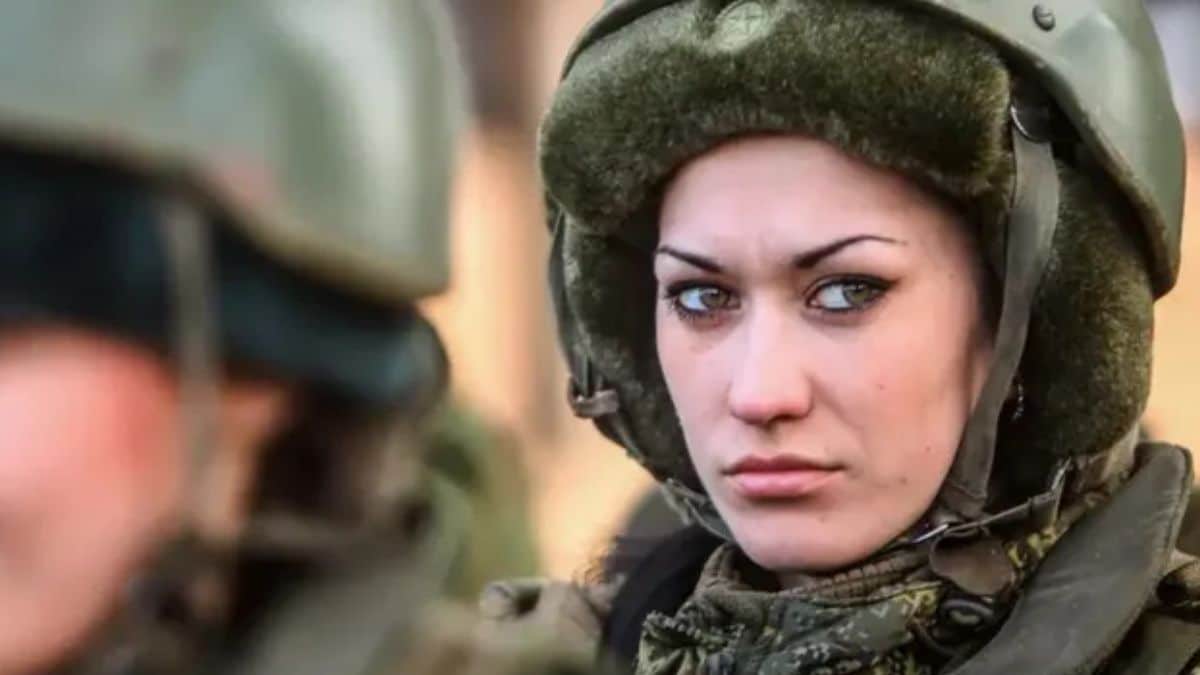The Ukrainian Justice Ministry announced on Thursday the enlistment of its first female prisoners into the military. Seven women, who expressed their willingness to serve in exchange for parole, have been incorporated into the armed forces, marking a significant step in Ukraine’s efforts to bolster its military ranks amidst ongoing conflict with Russia.
This initiative is made possible by a new law, signed by President Volodymyr Zelensky in May, allowing convicts of certain crimes to volunteer for military service in exchange for parole. Each application undergoes a rigorous evaluation by a military medical commission and a court before approval. As of now, the interest among female convicts has been minimal, with only seven women having their applications approved and subsequently connected with the Ukrainian military.
Since the adoption of this legislation, a substantial number of inmates have shown interest in joining the armed forces. According to the Justice Ministry, 6,101 prisoners have applied for parole in exchange for military service, with over 3,800 already released to serve.
Ukraine faces significant challenges in replenishing its military personnel following heavy losses in its battles against Russian forces. In June, Russian President Vladimir Putin claimed that Ukrainian losses were five times higher than those of Russian forces, estimating that Ukraine was losing around 50,000 personnel each month. These figures highlight the severe toll the conflict has taken on Ukraine’s military capabilities.
Ukraine’s top military commander, Colonel General Aleksandr Syrsky, recently declined to provide specific casualty numbers in an interview with The Guardian, labeling the topic as “sensitive” and one that could be exploited by Russian propaganda.
To address the critical shortage of military personnel, Kyiv overhauled its national mobilization system earlier this year. The reforms included lowering the draft age from 27 to 25, tightening mobilization rules, and imposing harsher penalties for draft evasion. Despite these measures, draft dodging remains a persistent issue. Since the announcement of general mobilization in February 2022, there have been numerous reports of individuals taking extreme measures to avoid conscription.
In May, the Ukrainian Border Guard reported the tragic deaths of 45 individuals who drowned while attempting to cross the Tisza River, which borders Hungary and Romania, in a bid to flee the country. More alarmingly, recent media reports indicate that some Ukrainian doctors have been offering to break legs as a means to help men avoid military service, underscoring the desperation and fear surrounding conscription.

